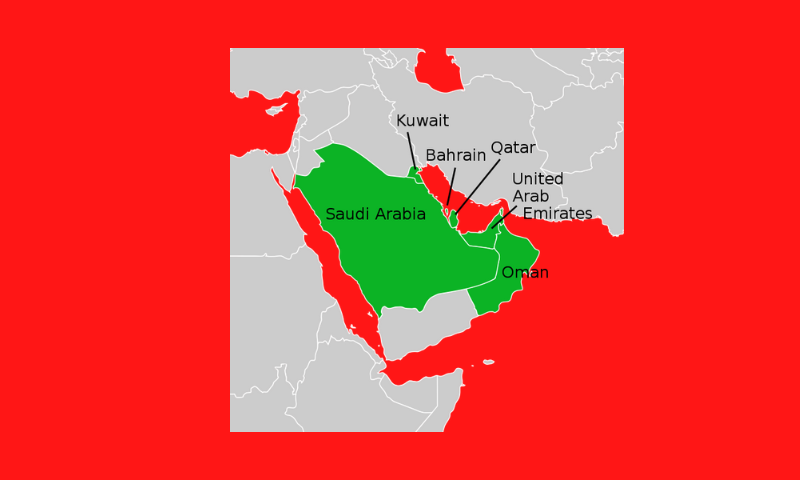Leonardo Jacopo Maria Mazzucco and Kristian P. Alexander
Atlantic Council, Jan. 12, 2023
“By offering its intermediation services to third parties seeking an entry point in the Afghan complex, Doha went from a newbie to a trendsetter in the Middle East power game.”
Gulf Cooperation Council (GCC) members, like Saudi Arabia and Qatar, have high stakes in post-occupation Afghanistan. From the potential for international terrorist organizations—such as the Islamic State Khorasan Province (ISKP)—to exploit the country’s security vacuum to the deteriorating humanitarian conditions of the Afghan people, Afghan troubles pose direct and indirect security threats to Gulf Arab states.
Although no government worldwide has yet to formalize diplomatic relations with the Islamic Emirate of Afghanistan, Gulf Arab governments are, to various extents, cautiously moving down a path toward soft normalization or partial recognition of the Taliban regime.
All GCC states have come to terms with the reality of Taliban rule in Afghanistan since August 2021 and must pragmatically deal with the situation on the ground. Saudi Arabia and Qatar see Afghanistan primarily as a security and humanitarian concern, however, their approaches toward the country differ. Under Crown Prince Mohammed Bin Salman (MBS), they have changed to a more humanitarian-based approach, using their sway in major Islamic institutions to funnel aid to the Afghan people. Qatar also started to play a more visible, leading role in Afghanistan roughly a decade ago, but has achieved much considering its relatively small size. It facilitated the US-Taliban talks that led to the 2020 Doha Agreement and played a valuable role in evacuating thousands of foreign troops and civilians out of Afghanistan in mid-2021.
The twists and turns of Saudi Afghan policy
Security concerns have been the central theme for Saudi engagement with Afghanistan, though the kingdom’s pursuit of different goals depending on the historical context reflects a continuous evolution of its strategic priorities. After the Soviet Union invaded Afghanistan in 1979, Saudi Arabia presented itself as a barrier to the atheist claims of the communists. The country then worked to contain the ambitions of the Islamic Republic of Iran in Greater Central Asia, before pivoting again to become a bulwark of religious tolerance against radical terrorist ideologies, such as al-Qaeda’s, after September 11, 2001.
The abrupt shifts in Saudi’s Afghan policy speak of a foreign policy approach that is highly reactive to the country’s changing strategic priorities. This ultimately contributed to undermining the credibility of the Saudis in the eyes of the Afghan public, and their reputation reached an all-time low in the early 2010s. Mindful of the decades-long meddling in the country’s affairs, large swaths of the Afghan political spectrum grew distrustful of Saudi Arabia’s ambitions, and the kingdom was relegated to the sidelines of Afghan politics….SOURCE


